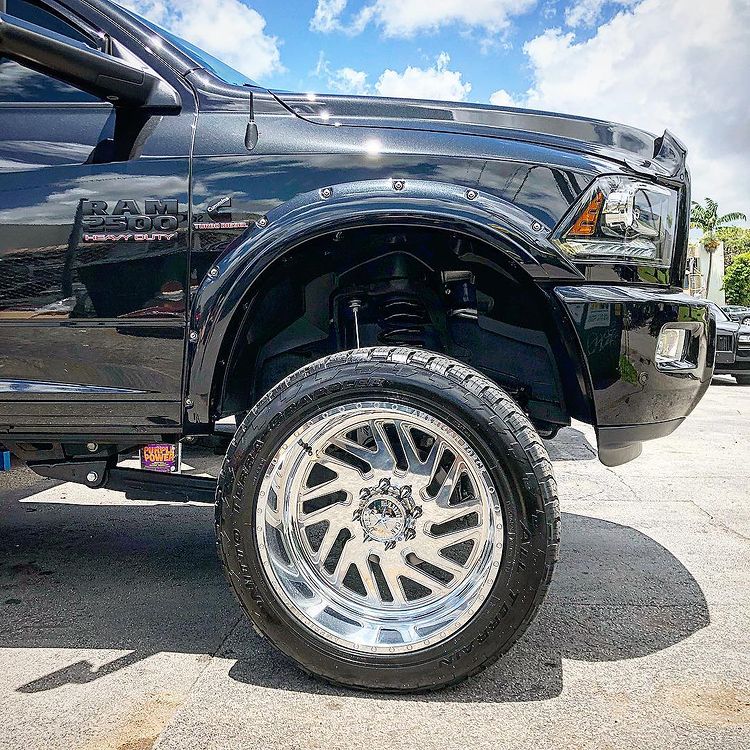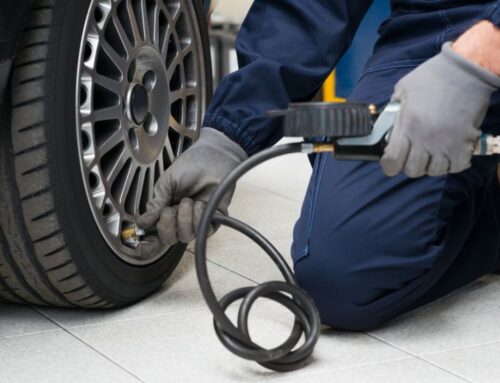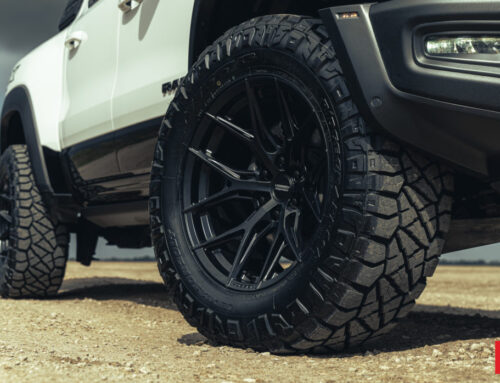Is it possible to restore alloy wheels?
Many people are concerned about alloy wheel damage and the expensive repair bills that sometimes come along with it. Fortunately, alloy wheels can be easily repaired and often for a much lower cost than replacing them.
Since alloy wheels are made from aluminum alloy sheet metal, they cannot be welded back together like steel wheels.
An allow wheel is made from an alloy of aluminum, magnesium, and silicon – these metals are all lightweight, corrosion-resistant, and strong. These alloy wheels can be repaired in case of small damages.
Types of alloy wheels damage and how can they be repaired
Alloy wheels are to cars what tattoos are to humans. They’re both here to stay and there’s really no escaping them, so you might as well get used to them! And just like tattoos, alloy wheels come in all shapes and sizes and designs, but also like tattoos they sometimes suffer from damage. When the time comes to repair that damage it’s best to be armed with the right information.
The first thing you should know is that alloy wheels are made up of three layers:
- The 1st and outermost layer is the decorative part, the one we see on our day-to-day basis – i.e. the rim of the wheel;
- The 2nd layer is the middle, or structural part of the wheel (more for stability than anything else); and
- The 3rd layer is the part that holds everything together.
As you can imagine, damage to one type of these layers will affect the rest in some way. And don’t forget that alloy wheels are made from a wide variety of alloys – the most common of which is aluminum alloy – making them even more susceptible to damage.
Scratches:
Scratches (or “wheel scuffs” as they’re sometimes referred to) can be caused by something as simple as a rogue stone on the road. The scuffs themselves are mostly superficial, but there can be unseen damage to the alloy itself, which may not become apparent until the alloy starts corroding.
Dents:
Dents are perhaps the most common form of damage to alloy wheels. They are typically caused by impact with another hard object – i.e. a curb – but can also be caused by squeezing – i.e. parallel parking – or simply from a lack of care that results in a bent alloy rim.
Impact Marks:
Another common form of damage to alloy wheels is impact marks, typically caused by driving over something “larger than your car”. You’ll often see these as dents on the outer rim of alloy wheels, but they can also cause cracking in the wheel body.
Can alloy wheel scratches/scuffs be repaired?
If you have alloy wheels that are corroded, scratched, or with scuffs, the best way to deal with the damage is to refinish them. You can use polishing compounds (available at automotive parts stores) and abrasive pads for metal allow wheels. In some cases, sanding discs will do the trick.
You can also opt for refinishing alloy wheels kits, which include all the tools required to repair wheel damage properly.
Can a bent alloy wheel be repaired?
Bent alloy wheels are not repairable with a simple kit, your best bet is to go to a specialized auto shop.
All alloy wheels can be repaired from scuffs and scratches if you own the right equipment for wheel polishing. It’s important that you know what kind of alloy wheel finish you have in order to buy the correct polishing pads for your repair. Using an incorrect type of pad or tool will leave deep marks and cause permanent damage without improving scratches on the wheel’s surface! Of course, always check your l manufacturer user manual before attempting to polish any wheels


My alloy wheels are leaking air, what do I do?
If your alloy wheels are leaking air, it means there is a hole in the wheel. In most cases, this damage occurs because of potholes or rocks that have damaged the rim’s structure.
A simple way to repair an alloy wheel leak is by using a tire sealant kit or putty. You should also make sure all bolts are tightened properly and check if there are any dents in the rims that could be causing leaks. If you don’t want to risk damaging them even further, take it to a professional and let him deal with it!
In case aluminum corrodes under certain conditions (such as de-icing salts), you’ll need to replace your alloy wheels altogether. For severe cases is always suggested to visit your local auto shop.
How can I prevent further damage?
The best way to avoid alloy wheel damage is to park your car away from other vehicles.
It’s also a good idea to be aware of what might potentially cause scuffs and scratches on alloy wheels. High curbs, parking blocks, and potholes are common sources of damage. You should try avoiding these hazards whenever possible.
Is alloy wheel insurance worth it?
Insurance companies often try to avoid alloy wheels damage. You can save yourself the hassle and opt for a warranty with your new car.
To preserve the value of your car when selling it, you’ll need good quality alloy wheels that aren’t scuffed or scratched. They will be considerably easier to resell if you take care of them by keeping them in mint condition and performing regular maintenance!
If you’re still not sure if alloy wheel insurance is worth it or whether they can be repaired in case of damages, contact an insurance agency and ask them directly about it. They might even offer you discounts on new cars if you choose one!
For further information please visit Miami Power Wheels auto shop or call us and follow us on our social media platforms






